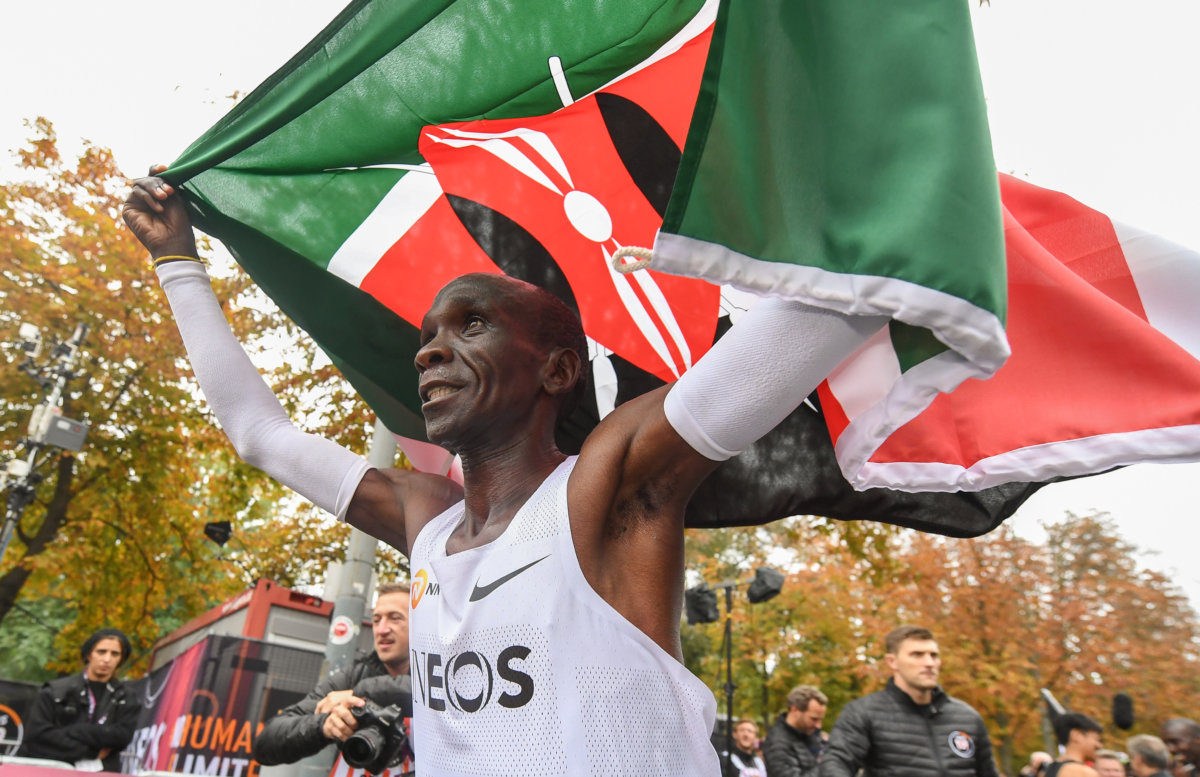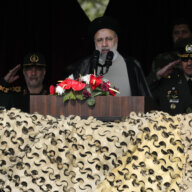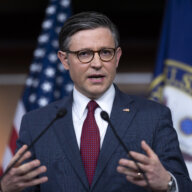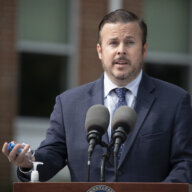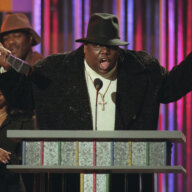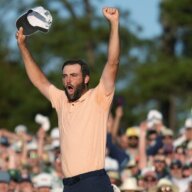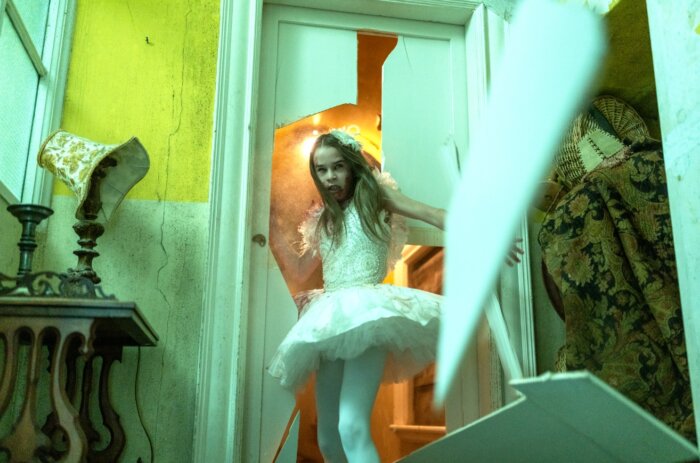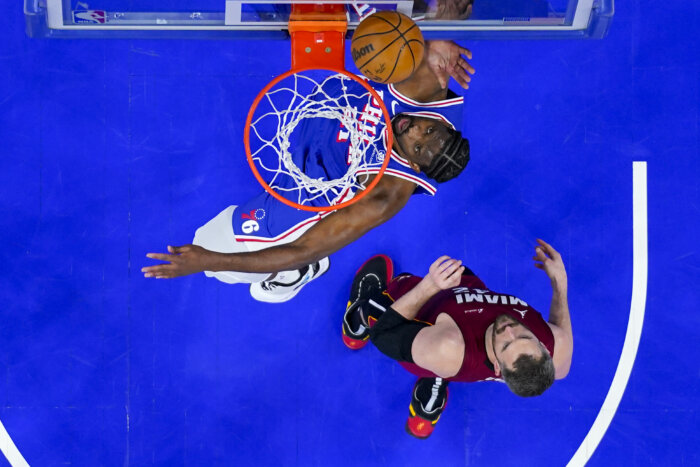History was made on Oct. 12, 2019 in Vienna when a Kenyan marathoner, Eliud Kipchoge was the first person ever to to run 26.2 miles in under two hours. For those who are focused on numbers, Kipchoge finished the race at 1 hour, 59 minutes and 40 seconds with a sub-4 min, 34 second-per-mile pace—but it’s what fueled him before and during that really is compelling to watch.
‘The Last Milestone’ follows Kipchoge on his quest to finally achieve his goal after he was so close to reaching it in 2017 (he missed the mark by just 25 seconds.) The film, directed by Jake Scott and from executive producers Ridley Scott, Kai-Lu Hsiung, and Kevin Macdonald shows the three-time Olympic medalist in a personal light from start to finish and brings audiences along for the ride.
For Kipchoge, ‘The Last Milestone’ is a love letter showcasing how passion, hard-work and faith can help you achieve the impossible. That’s exemplified by the hashtag seen as he crosses the finish line, #nohumanslimited. The real-life superhero sat down with Metro to discuss what it was like to make history, how it felt to do so with the whole world watching and what he hopes audiences are able to take away from it all.
This interview was edited for clarity
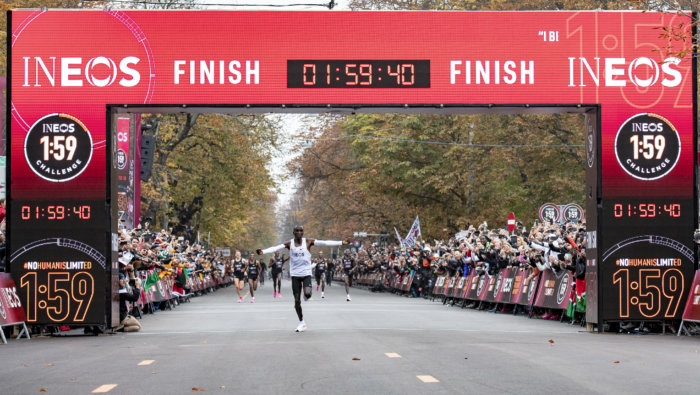
What were your thoughts when you were first approached about this documentary?
In 2017 I tried to beat it, but I missed it by 25 seconds. So, in 2019 it was my high time to [do this.] I said this is great, this is my second chance and I need to it. When this team approached me to train and make history, I tell myself that this is the best time ever. It’s the second chance to make history and show everyone that no one is limited. It’s really cool, I took all of my energy into training towards the big day.
What was it like having a camera there with you with so many people watching? You’re making history and bringing thousands of people with you.
The experience was great, but there was pressure everywhere on my shoulders—it was really heavy. I promised the world I could run [the marathon] in under 2 hours and the whole world was watching. When I tried to think what would happen if I missed this 2-hour barrier, will everyone see that I’ve tried my best? What happens if I break the barrier? Will all of these people watching live get inspired? Will that help improve the limitations in their mind? So, a lot of discussions were going on in my mind. I had a lot of experience and I’m happy that I broke the two-hour barrier and those 500 million people who were watching live for two hours had that time [to watch.] I can’t thank them and I trust that they feel inspired, and once they watch me, they have no limitations at all.
Growing up, what were some things that helped with your success?
When I grow up, [I grew up] with a family with four children and a powerful and single mother. We came up with a humble background, but what I learned from my mother was self-discipline. I transpired that self-discipline to the world of sports and I trusted that self-discipline, education and consistency [could help] and that’s what happened in Vienna. I got that from my childhood.
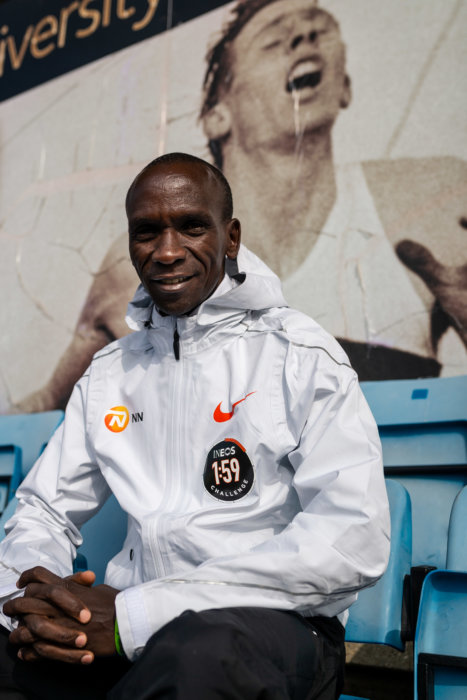
What was going through your mind in Vienna when you finally achieved what you set out to do so long ago?
Let me just say, when I woke up, I was really, really nervous. I felt like I was a little bit tired, and I couldn’t help but think what would happen at 10 kilometers, 5 kilometers, 20, 25 or even 30? Will I be moving on in a good way or what would happen? That was there before starting the race, but after starting the race I was really motivated, I was concentrating purely on the numbers. After the race—I could say that was the best time in my life. The inspiration was in my mind after crossing the finish line. Those who were watching there and in the channels were 500 million. I discovered that many people got impressed with that challenge, that’s a huge inspiration.
What else are you hoping that people get to take away from your story?
Firstly, if you love what you’re doing then you will be successful—in any profession, love what you are doing. Those values, the self-discipline, the belief, the faith, the consistency and the training in and out of the race.
When you first watched the film, how did that feel for you to get to watch your journey on screen?
First, when I saw it, it was really fresh and it reminded me of what happened the past 3 years. It was like yesterday fresh. I saw what happened in training, in the race and the work behind the scenes for the success… the team work and the love of sport, I was happy to see people working day and night for one person because people wanted him to make history. We are all human, we are in this together and we can go places and go far—so I was impressed by the faith.
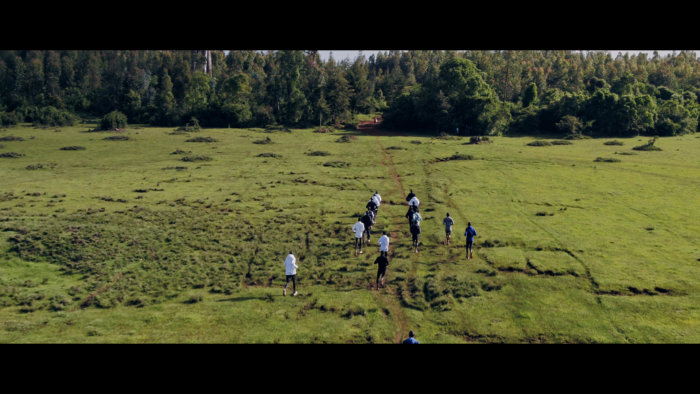
How was it working with Jake Scott as a director?
Oh wow, Jake Scott is an awesome man, I can’t describe [him] enough. I enjoy his work and I enjoy working with him and in the future who knows.
That’s a great lead-in for my next question which is after making history, what’s next?
The future will tell. A lot of [opportunities] are on the table. The next few months I [might figure out what’s next.] But for right now, I’m enjoying the movie and above all enjoying the [moment.]
How would you sum up your journey for audiences and what to expect?
The journey was cumbersome and tiresome but it needs a strong mind that can handle pressure from training, all the pressure of the media, all of the pressure from social media channels. I know that life is full of many things being thrown from all over, so you should expect everything you need to become successful.
‘The Last Milestone’ is now available to stream.



